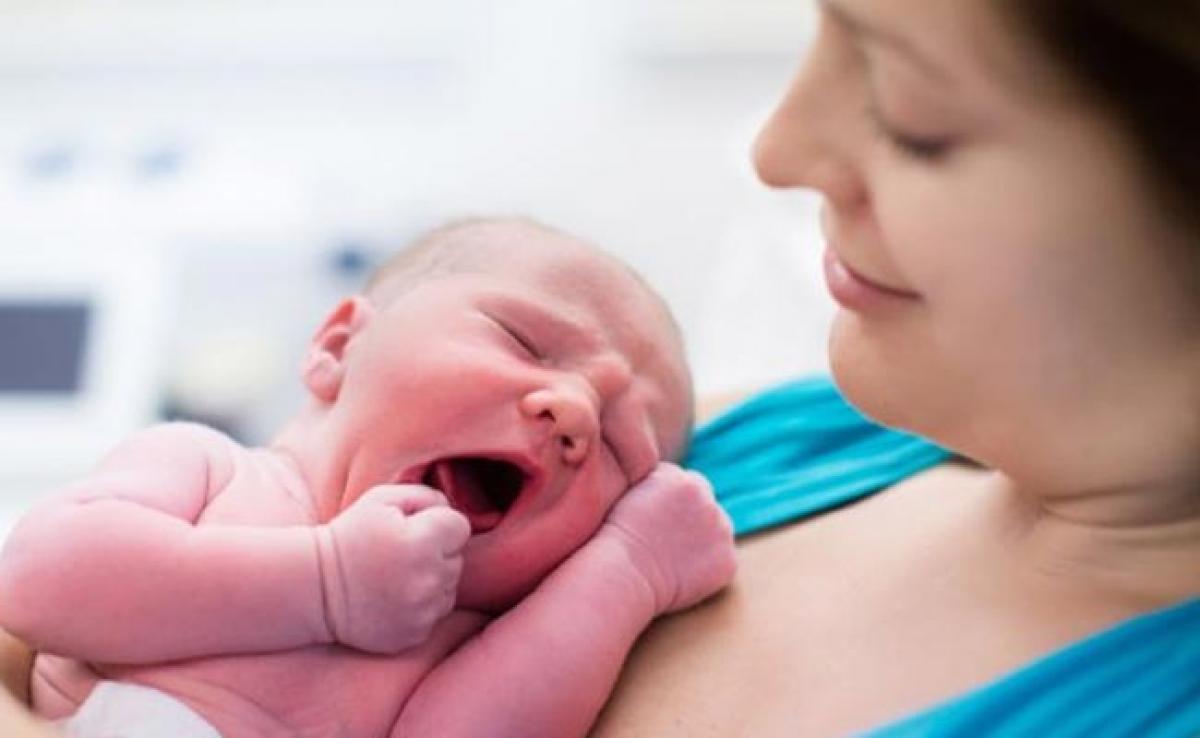Live
- Maha people gave big victory to Mahayuti led by BJP: Kishan
- Don’t rush to cover up harvested grain
- Ensure participation of all farmers in conference: CM
- Public uprising against Cong govt imminent : Bandi Sanjay
- SP conducts surprise inspection of Srikalahasti PS
- Antimicrobial resistance awareness programmes held
- BJP celebrates victory in Maharashtra Assembly polls
- BJP gets shot in the arm ahead of Delhi polls
- Mahayuti’s Maha win
- Passed exam of democracy: Soren
Just In

Longer durations of exclusive breastfeeding can lead to fewer behavioural disorders in children at the primary school age, finds a new study that focused on how the experiences of a child in his or her first years of life influences later behaviour and abilities.
Johannesburg: Longer durations of exclusive breastfeeding can lead to fewer behavioural disorders in children at the primary school age, finds a new study that focused on how the experiences of a child in his or her first years of life influences later behaviour and abilities.
Conduct or behavioural disorders that typically start in childhood and persist into the teenage years are associated with an increase in antisocial (and potentially violent or criminal) behaviours, poor long-term mental health and low academic achievement in later life.
The findings showed that children who were exclusively breastfed for the recommended first six months were approximately half as likely to have conduct disorders at the ages of 7-11 years, compared with those exclusively breastfed for less than one month.
"The duration of exclusive breastfeeding of an infant has greater importance than previously realised in several areas of development," said lead author Tamsen J. Rochat of the Human Science Research Council, Durban, South Africa.
"Childhood onset conduct disorders can lead to aggressive or disruptive behaviours, which interfere with learning and peer relationships, in turn leading to low self-esteem and further behavioural problems,” Rochat added.
Further, children whose mothers had a current mental health problem or severe parenting stress were two-and-a-half times more likely to exhibit emotional-behavioural problems.
For the research, published in PLOS Medicine, the team assessed over 1,500 children in South Africa, 900 of whom had been involved in an early infant feeding study.

© 2024 Hyderabad Media House Limited/The Hans India. All rights reserved. Powered by hocalwire.com







